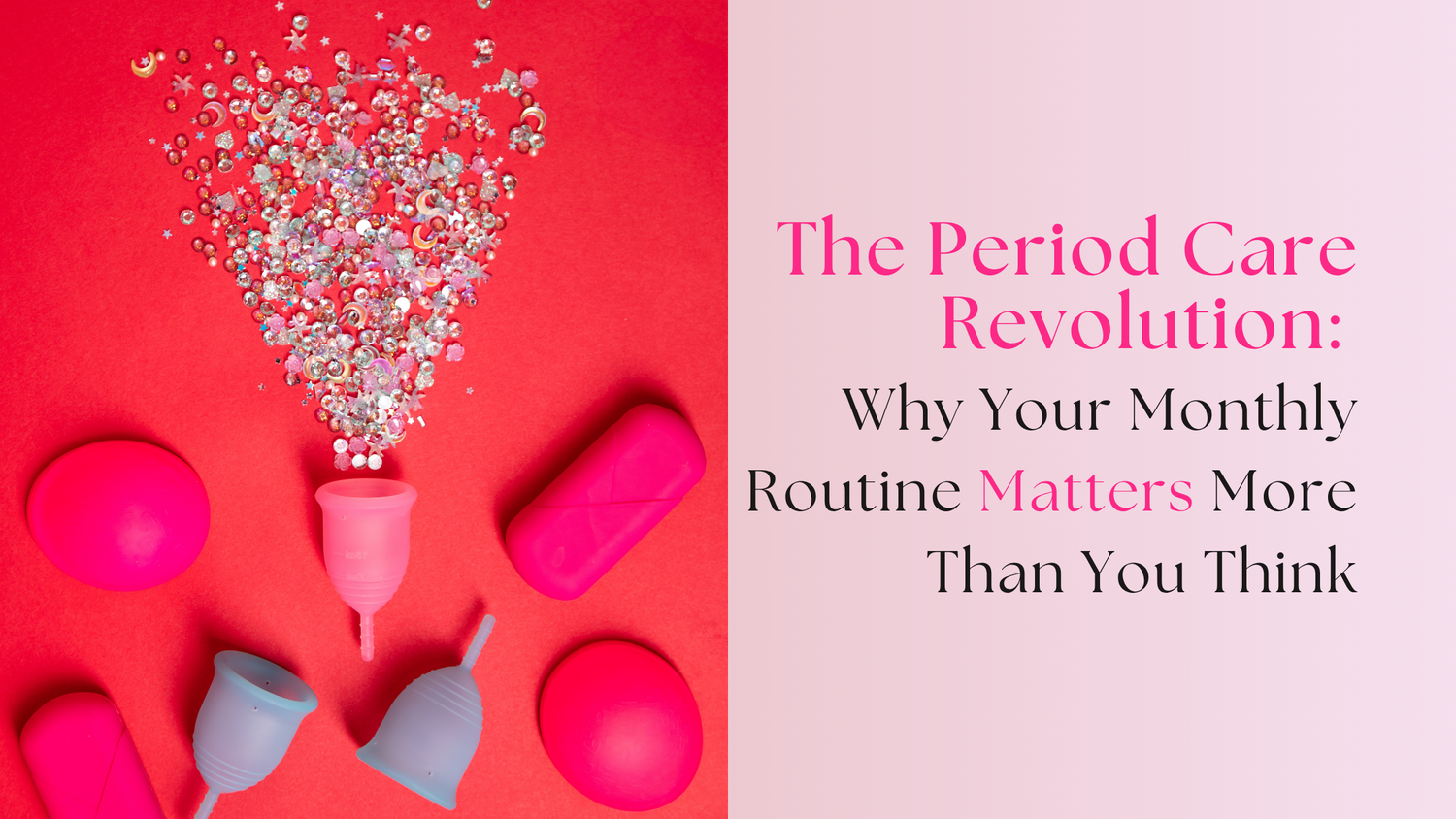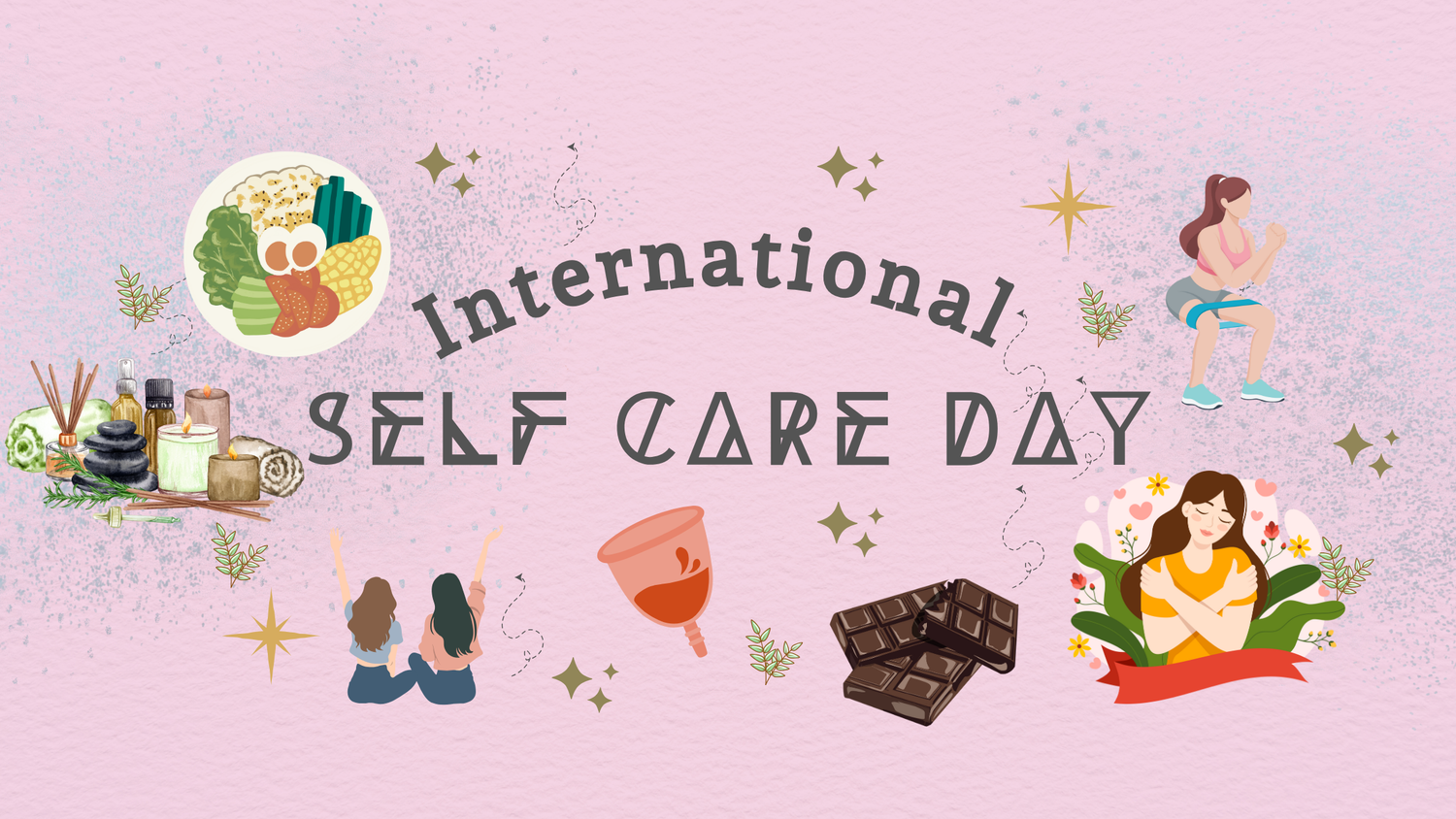Harmonising Health: Unveiling the Power of 5 Foods to Naturally Balance Your Hormones
Hormonal imbalances can significantly impact our health, manifesting in various symptoms like mood swings, weight gain, and fatigue. Fortunately, certain foods can help balance hormones naturally. In this article, we'll explore the top five hormone-balancing foods you should consider including in your daily diet.
Understanding Hormone-Balancing Foods
A nutrient-rich diet plays a pivotal role in maintaining hormonal health. While several foods support hormone health, we'll focus on five that offer significant nutritional benefits and can help you feel better faster.
-
Cruciferous Vegetables
Cruciferous vegetables like kale, cauliflower, broccoli, and Brussels sprouts are essential for combating excess estrogen, a common issue in today's environment filled with synthetic estrogens from various sources. These vegetables contain glucosinolates, which aid the liver in detoxifying excess estrogen. High in fiber, they also promote a healthy gut, another critical factor in hormone production. Remember, if you have thyroid issues, consume these vegetables cooked to reduce goitrogens that can interfere with iodine absorption.
-
Anti-Inflammatory Proteins
Chronic inflammation can underpin many hormonal imbalances. Red and processed meats often contribute to inflammation. In contrast, anti-inflammatory proteins like plant proteins, fatty fish, and organic eggs can help the body recover. Opt for plant-based proteins like beans, quinoa, nuts, and seeds, and choose wild-caught fish like salmon, sardines, and mackerel. Be cautious with soy products; opt for fermented soy and organic varieties to avoid GMOs and excess pesticide exposure.
-
Healthy Fats
Healthy fats are crucial for producing hormones like estrogens, corticosteroids, progestogens, and androgens. Incorporate avocados, coconuts, olives, and various oils like olive, grapeseed, and coconut oil into your diet. Organic butter and pasture-raised eggs are also excellent choices. These fats provide the necessary building blocks for hormone synthesis.
-
Antioxidant-Rich Fruits
Antioxidants combat the damaging effects of inflammation, and fruits are among the best sources. All fruits, when whole and unprocessed, are beneficial. Include a variety of antioxidant-rich fruits like berries, oranges, apples, cherries, and plums to ensure a broad spectrum of antioxidants.
-
Leafy Green Vegetables
Leafy greens are packed with nutrients essential for hormone balance, including magnesium, vitamin K, and vitamin C. They're also rich in antioxidants and can help lower cortisol levels. Incorporate a range of greens like kale, spinach, arugula, collard greens, and Swiss chard into your meals.
Foods to Avoid for Hormone Balance
While incorporating these hormone-friendly foods, it's equally important to avoid pro-inflammatory foods that can disrupt hormonal equilibrium. These include alcohol, processed foods, refined carbs, sweetened drinks, red and processed meats, hydrogenated fats, unfermented dairy, and gluten-containing foods. These can negatively affect the gut, liver, and overall body function, contributing to hormonal imbalances.
Nutrition for Hormonal Harmony: A Path to Well-being
Balancing hormones through diet requires consistency and a commitment to healthy eating habits. By integrating these food groups into your daily routine, you're taking proactive steps toward better hormonal health, both in the short and long term. Remember, a balanced diet is a key to maintaining overall wellness and hormonal harmony.





